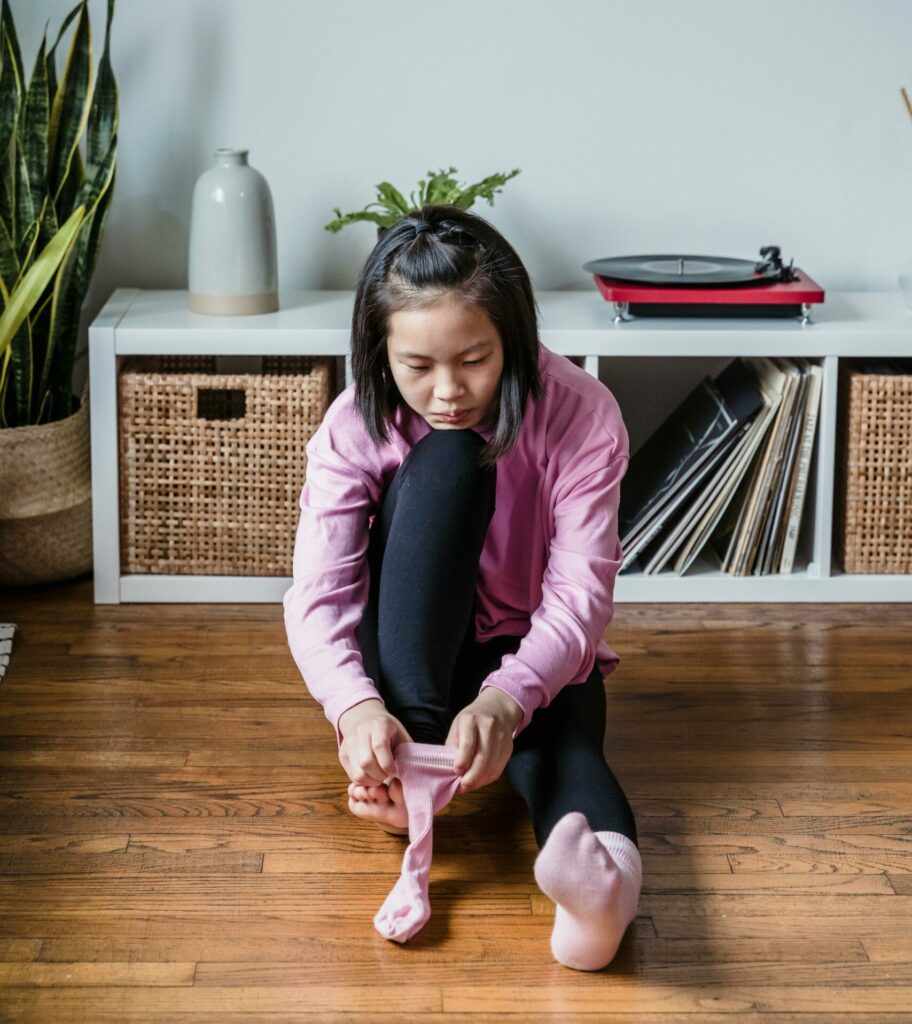
AI Summary: How can families use ABA therapy in daily routines? By embedding ABA strategies into home life, parents can support consistent learning and behavior growth.
For many families navigating Applied Behavior Analysis (ABA) therapy, one of the most common concerns is how to make therapy feel natural—especially outside formal sessions. The good news? ABA therapy doesn’t stop when the session ends. In fact, some of the most meaningful progress happens in everyday life. Integrating ABA therapy in daily routines helps children generalize skills and build confidence in real-world environments.
Whether you’re preparing meals, getting ready for school, or winding down for bedtime, each part of the day holds opportunities for reinforcement, communication, and learning. For parents in Atlanta, Georgia, or anywhere else, the key lies in consistency, patience, and small adaptations that turn routines into teachable moments.
ABA therapy is most effective when its principles are applied consistently across different settings. Home routines provide predictable, repeated opportunities to practice essential life skills. By embedding ABA strategies into these moments, families can:
Strengthen communication and language development
Reinforce desired behaviors in context
Reduce problem behaviors before they escalate
Help children generalize skills beyond structured therapy sessions
This consistency creates smoother transitions, more engagement, and greater long-term success.
ABA therapy in daily routines like morning preparation helps children start the day with structure and success.
Use Visual Schedules: A picture chart or checklist showing each step (brushing teeth, getting dressed, packing a bag) gives clarity and reduces frustration.
Prompt and Fade: Start with verbal or physical prompts and gradually reduce support as your child becomes more independent.
Reinforce Small Wins: Praise and reward task completion. For instance, finishing all steps before school might earn extra playtime or a sticker.
Consistency during this busy time sets a positive tone for the rest of the day.
Mealtimes offer rich opportunities to teach social, motor, and communication skills.
Mand Training: Encourage your child to request food items (“I want juice”) using words, pictures, or a device.
Turn Taking: Practice conversational turn-taking by asking simple questions or sharing about the day.
Tolerance Training: Slowly introduce new foods or textures while reinforcing calm, flexible behavior.
These moments naturally lend themselves to engagement and reinforcement.
Structured play is a core part of ABA therapy, but even unstructured play can be rich with learning.
Model Social Interactions: Take turns, share toys, and use praise to reinforce cooperative behavior.
Teach Play Scripts: Guide your child through pretend play routines like “going to the store” or “having a picnic.”
Use Token Systems: For children working on specific behaviors, tokens can help them earn their favorite activities.
Embedding ABA therapy in daily routines like play makes learning feel fun and natural.
Wind-down time is ideal for teaching independence, emotional regulation, and transition skills.
Step-by-Step Instructions: Break tasks (putting on pajamas, brushing teeth, choosing a story) into manageable parts.
Bedtime Charts: Use visuals or checklists to create routine and reduce resistance.
Reinforce Calm Behavior: Offer small rewards for staying in bed or completing the full routine independently.
This helps build structure around sleep, a common struggle for many families.
Start Small: Choose one part of your day to begin using ABA principles. Build from there.
Stay Consistent: Use the same language, expectations, and reinforcement patterns your therapist uses.
Collaborate with Your BCBA: Ask your therapist to help create routines that align with your child’s goals.
Celebrate Progress: Small victories matter. A successful transition or improved mealtime behavior is worth recognizing.
ABA therapy doesn’t belong only in the clinic. By weaving ABA strategies into daily routines, parents can transform ordinary moments into powerful learning opportunities. For families in Atlanta, Georgia, where access to quality ABA services is expanding, taking an active role in your child’s development at home creates lasting change.
From breakfast to bedtime, each interaction is a chance to teach, connect, and celebrate growth. With the right tools and mindset, every day can move your child one step closer to greater independence and confidence.